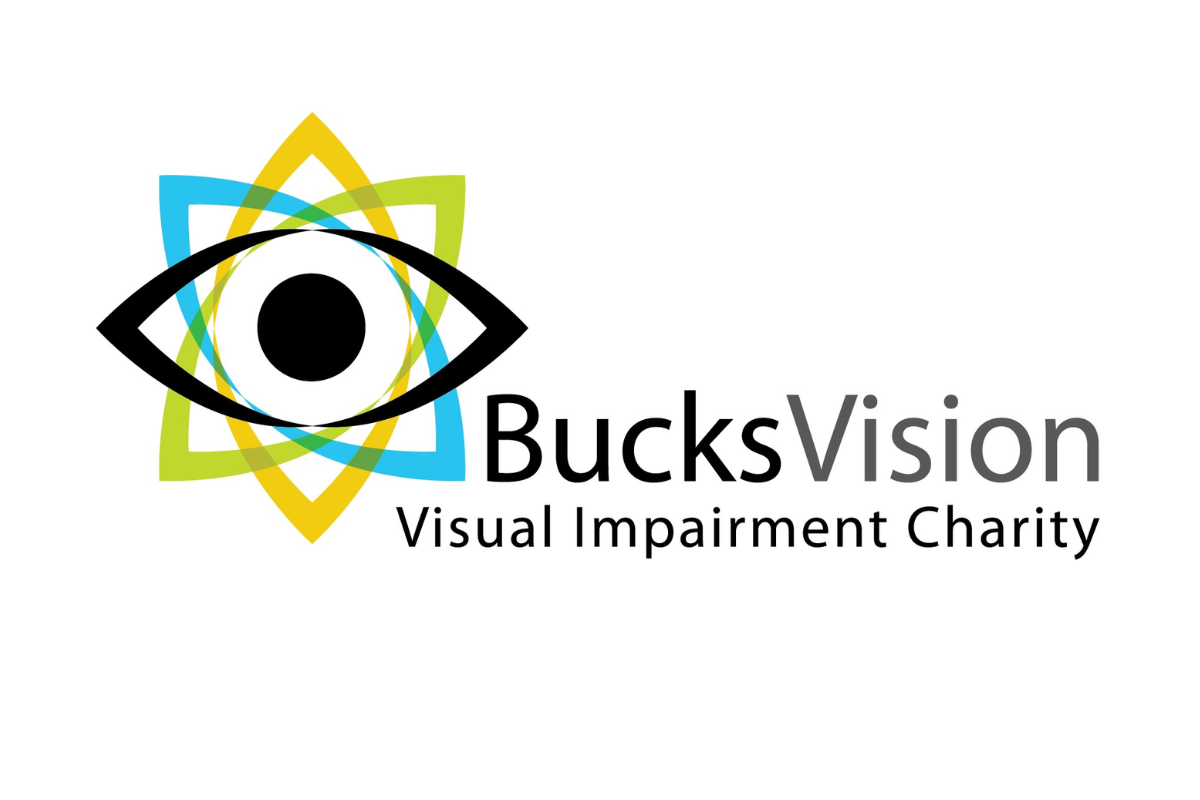How did you move from a volunteering role into a paid position?
I am training to be a psychotherapist and part of the course requirement was to do a volunteer placement. I started to volunteer with Buckinghamshire Mind in 2022 as a trainee counsellor and, in Spring 2023, successfully applied for a job as a counsellor for Buckinghamshire Mind’s Rough Sleeper Initiative programme.
The role involves working with rough sleepers and is different from the volunteer counselling role in that it involves multi-disciplinary teams as the clients have much more complex needs. Outside of the course I have also volunteered with Buckinghamshire New University supporting vulnerable students.
What attracted you to the volunteering roles?
Both roles – with Buckinghamshire Mind and the university – gave me the opportunity to help people with their emotional support. Post-Covid, people are very challenged. In my role supporting vulnerable students, some clients had not spoken to anyone before or had an opportunity to care for themselves. Just having an hour each week has had a profound effect and it is great to see the progress.
During my volunteering at Buckinghamshire Mind, I have received a lot of support and undergone comprehensive training. Providing one-to-one counselling can sometimes feel insular, so it is important to have that support from both professionals and peers.
What have you gained from volunteering?
I have gained strong networks of volunteer counsellors, as we are very supportive of each other, and a network of experienced professionals. Connections are made that go beyond the volunteering: some people have finished volunteering and we are still in touch. Both counsellor peers and professionals provide a wide range of perspectives, and different ways of approaching situations. It’s opened my mind and, in turn, makes a difference to my role and work with the client.
How important was volunteering ahead of working as a counsellor?
Volunteering has been critical in getting that experiential exposure of supporting clients that can’t be gained from studying alone. The experience has shown ways to communicate effectively, listen, and problem-solve together with someone to work with the issues at hand. I could not have gone into this job without the experience and support from volunteering.
What skills have you developed as a volunteer?
The volunteer roles helped me to develop a wide range of skills from team working, awareness of different people, backgrounds, and perspectives, to patience and sensitivity. It also develops resilience as people tell you difficult stories and there is a skill in effectively holding that space.
Working with clients changes you as a person. It’s a privilege when people trust you, and you have to hold that trust. It’s a big responsibility, and incredible how people come through very challenging situations and make progress, and even little things are quite big steps, which is inspiring.
Would you recommend volunteering and, if so, why?
Yes – volunteering gives you the opportunity to step out of your life and encounter new experiences. You don’t have to do much to make a difference to people’s lives – it can be one or two hours a week that could make a significant impact.
My volunteer counselling has been three hours a week and has exposed me to valuable experiences across three areas: emotionally, relationships with peers, and support from professionals. Now in my paid position, when asked if I look forward to work, I say that I do! Even though it’s tough, it’s very rewarding to see the progress in people’s lives.
Further information
- To find out more about Bucks Mind and the services on offer, visit Buckinghamshire Mind website.
- If you are looking for a volunteering role, register on the Volunteer Bucks platform and have a look at see some examples of roles currently available.


